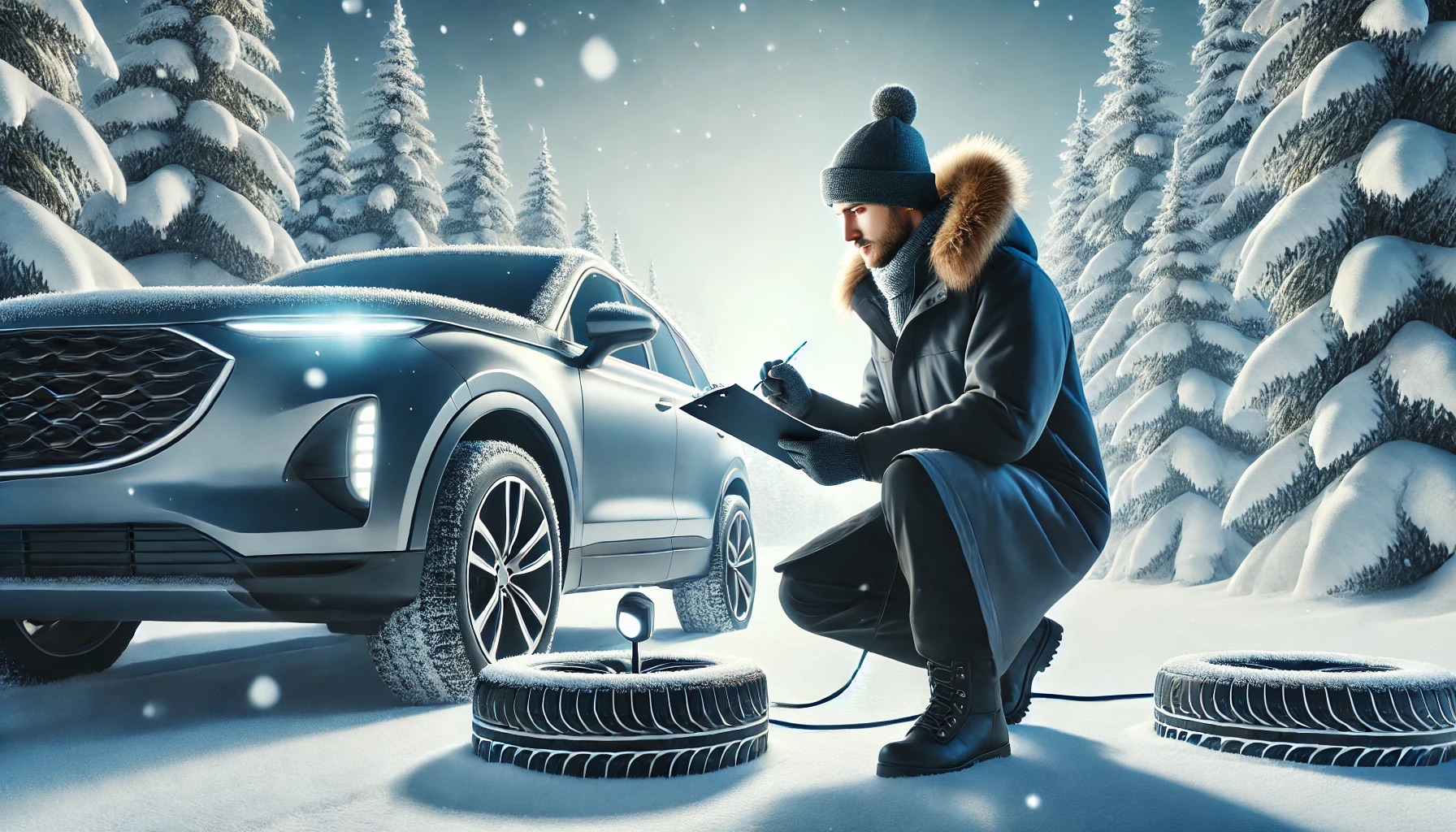As we embark on a new year, many of us set goals for self-improvement, but what about improving the safety and reliability of your vehicle? A thorough vehicle inspection is a simple yet vital step to ensure your car is ready to tackle the months ahead, especially during winter’s harsh conditions. In this first installment of our “New Year, New Roads: Winter Driving and Safety Tips” series, we’ll explore why vehicle inspections are essential and how they can protect you on the road. Here’s what’s in store for this upcoming series:
- The Importance of Vehicle Inspections: Starting the Year with Safety
- Dealing with Snow and Ice: Essential Tools for Every Trunk
- Staying Alert During Long Drives: Combating Winter Fatigue
- Winter Car Care: Protecting Your Vehicle from Cold Weather Damage
Why Vehicle Inspections Matter
Vehicle inspections are more than just a routine task—they’re a proactive approach to preventing costly repairs, accidents, and unexpected breakdowns. According to the National Highway Traffic Safety Administration (NHTSA), mechanical failures contribute to thousands of accidents annually, many of which could have been avoided with proper maintenance.
Whether it’s checking your brakes, tires, or fluid levels, an inspection gives you peace of mind, knowing your vehicle is road-ready.
Essential Vehicle Inspection Checklist
- Tires and Tread Depth
- Check for uneven wear and ensure proper tread depth for traction on icy or wet roads. Don’t forget to inspect the tire pressure, as cold weather can cause a drop in PSI.
- Brakes
- Worn brake pads can reduce stopping power, especially on slippery surfaces. Ensure they’re in good condition and free of excessive wear.
- Battery Health
- Winter is hard on car batteries. Test the voltage and clean off any corrosion to avoid a dead battery in freezing temperatures.
- Fluids
- Top off or replace vital fluids, including oil, coolant, and windshield washer fluid, with winter-grade options for optimal performance.
- Lights and Wipers
- Ensure headlights, taillights, and turn signals are functioning correctly for maximum visibility. Replace worn wiper blades for clear sightlines during snow or rain.
- Belts and Hoses
- Look for cracks or wear that could lead to failure in cold conditions.
Benefits of Regular Vehicle Inspections
- Enhanced Safety: Reduce the risk of accidents due to mechanical failure.
- Improved Longevity: Catch small issues early to prevent expensive repairs.
- Increased Resale Value: A well-maintained car retains its value better over time.
When to Schedule Your Inspection
It’s best to schedule an inspection at the start of the year and before major seasonal changes. For winter, January is an ideal time to ensure your vehicle is ready to handle icy roads, cold starts, and unpredictable weather.
What to Do in Case of an Emergency
Even with a well-maintained vehicle, emergencies can happen. Keep these essentials in your car:
- Emergency kit with jumper cables, a flashlight, and blankets.
- A fully charged phone and a backup power bank.
- Contact information for roadside assistance or a towing service.
Conclusion: A Safer Start to the Year
By prioritizing vehicle inspections, you’re not just protecting yourself—you’re safeguarding your passengers and fellow drivers. Start the year off on the right track by making this small yet impactful step part of your routine.
At Stillman & Friedland, your safety is our priority. If you’ve been in an accident, reach out to our Nashville office for a free consultation. Call us at 615-244-2111, fill out our online contact form, or chat with us live. We’re here to help!
Because we care…
Stillman and Friedland







